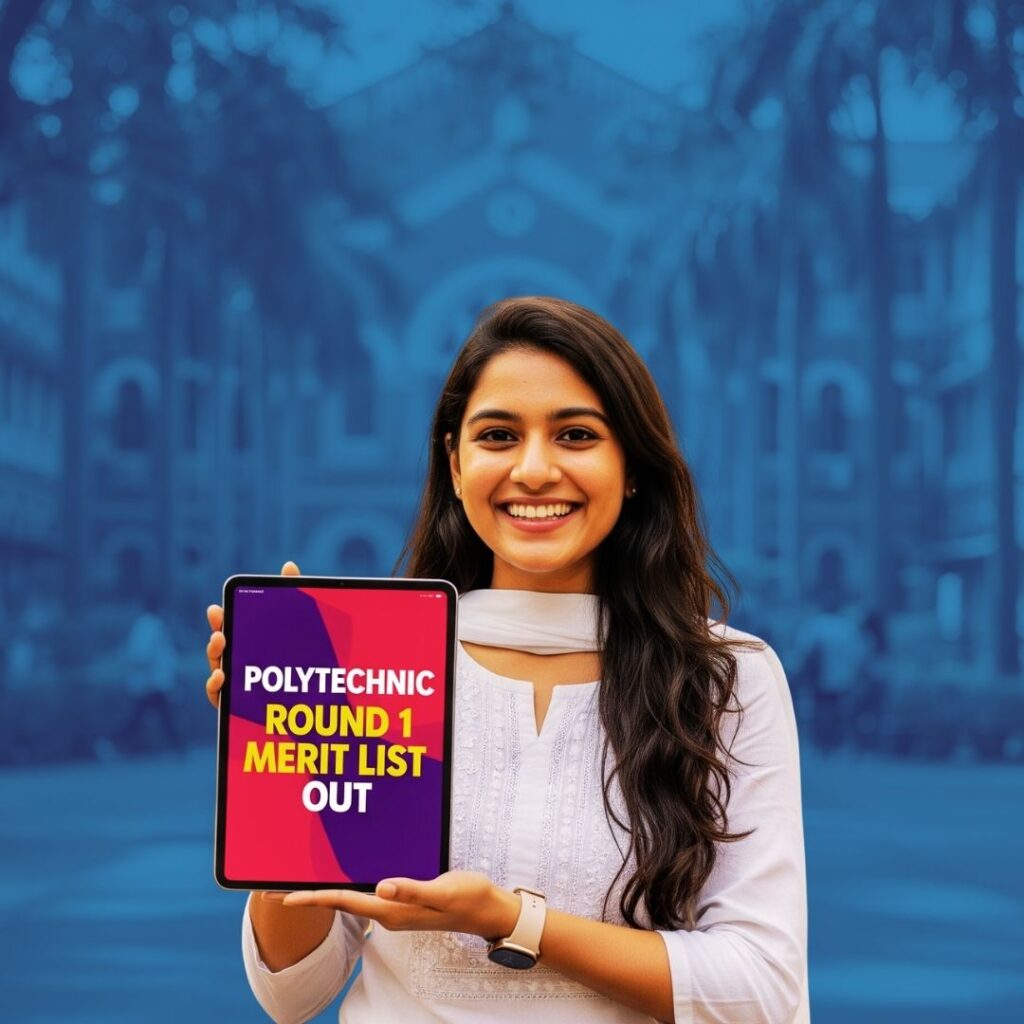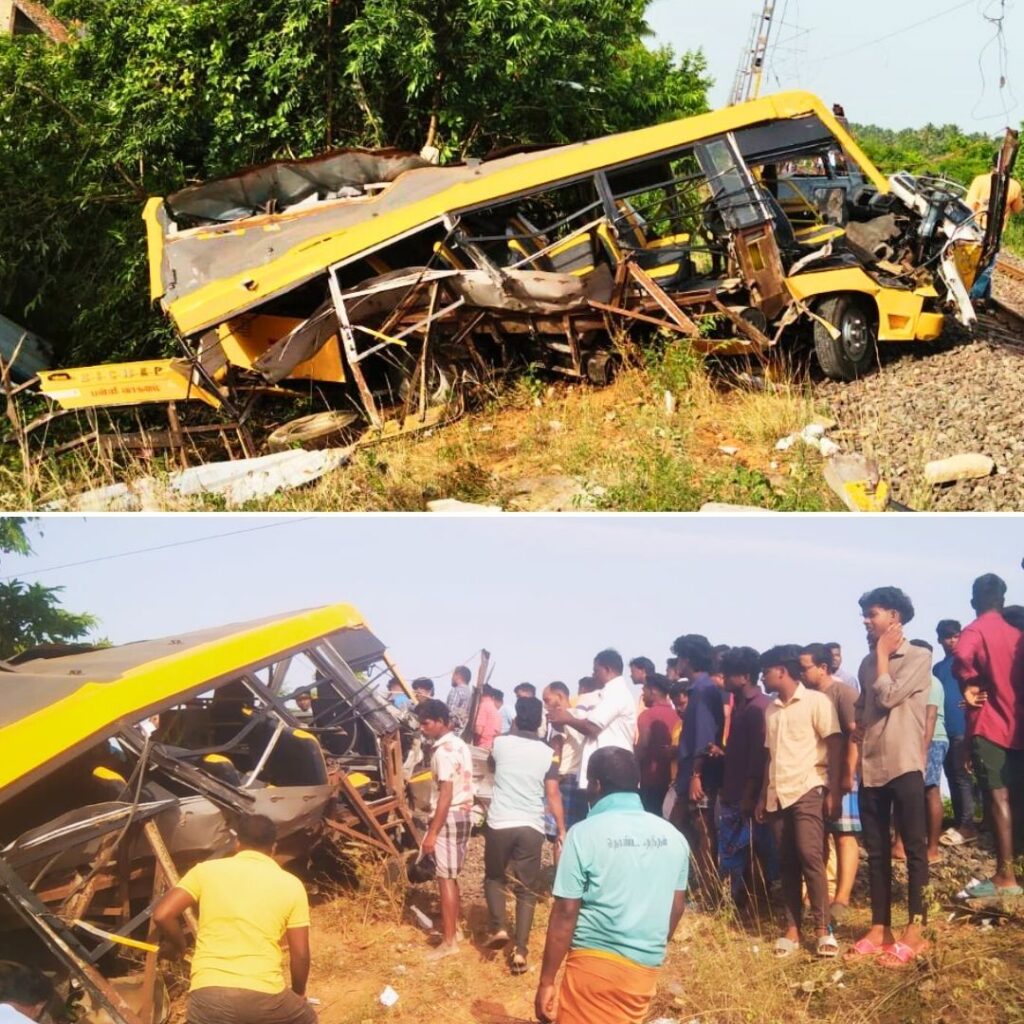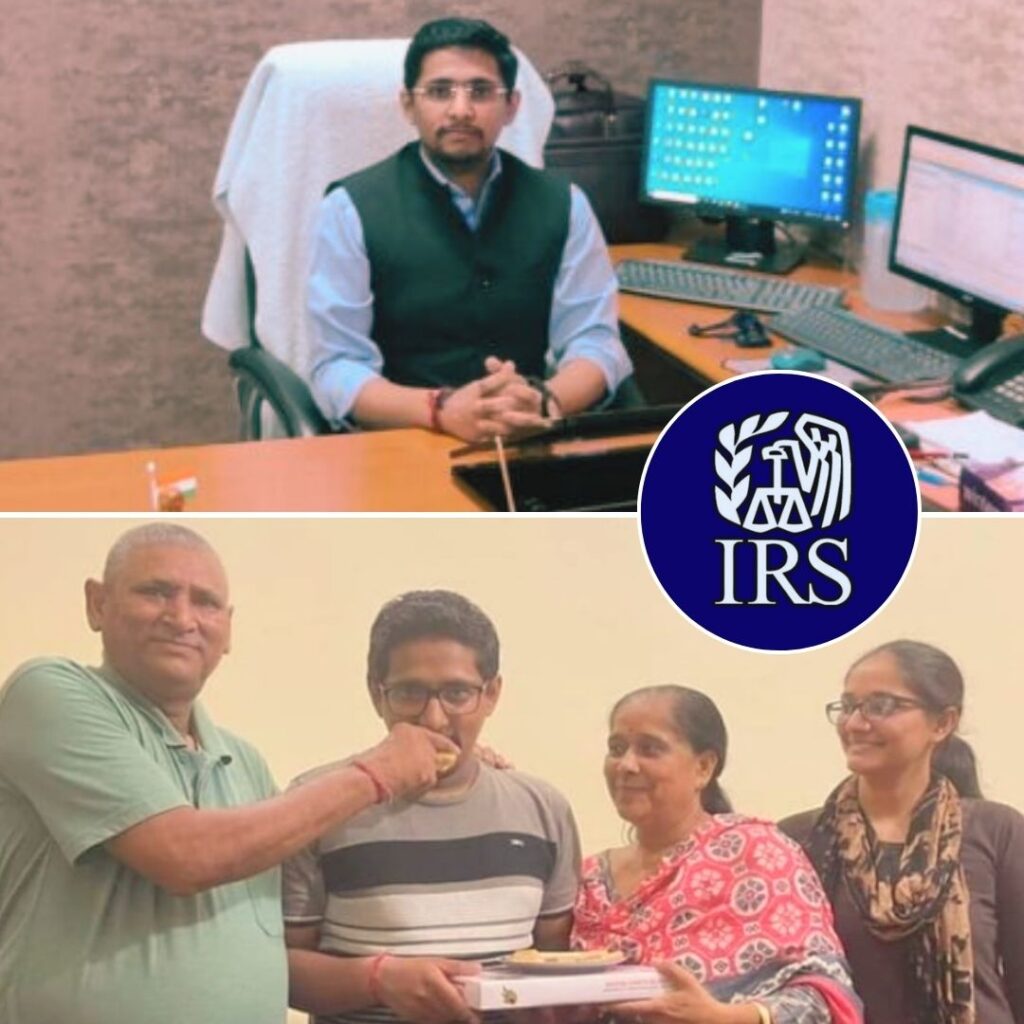Information and Broadcasting Minister Prakash Javadekar on August 27 said that ‘fake news is more dangerous than paid news’ demanding self regulation while publishing any content on social media to contain the menace.
‘Paid news is much milder than what fake news is. Fake news has a very potent power of disturbing the peace. The manipulation of public opinion over social media platforms has emerged as a critical threat to public life,’ the union minister said at a virtual event organised by industry body Internet and Mobile Association of India (IAMAI).
Many countries have been affected by the fake news menace and many are taking steps to curb it, he added.
‘There should be a mechanism for self regulation, otherwise everyone will have to bear the brunt of this menace. It is not limited to the political sector. Every sector is going to bear it. Fake news is more dangerous than paid news and we will have to be prepared to face it,’ Javadekar added.
‘One WhatsApp message and the damage is done,’ he said, adding that people tend to believe content shared on social media.
‘Earlier in the Press Information Bureau, we used to read newspapers, follow the channels. Every evening we use to issue releases giving clarification. Now if there is any tweet in the morning and you don’t respond to it, then damage is done. It happens at the speed of light,’ he said.
He also said that the government has taken an initiative to contain fake news by setting up a fact check team which checks and verifies information circulated on digital medium.
‘We are definitely taking note of fake news and therefore we started one attempt in 2019 October, PIB Fact Check Unit. We have established PIB Fact Check units in all the states,’ Javadekar said.











